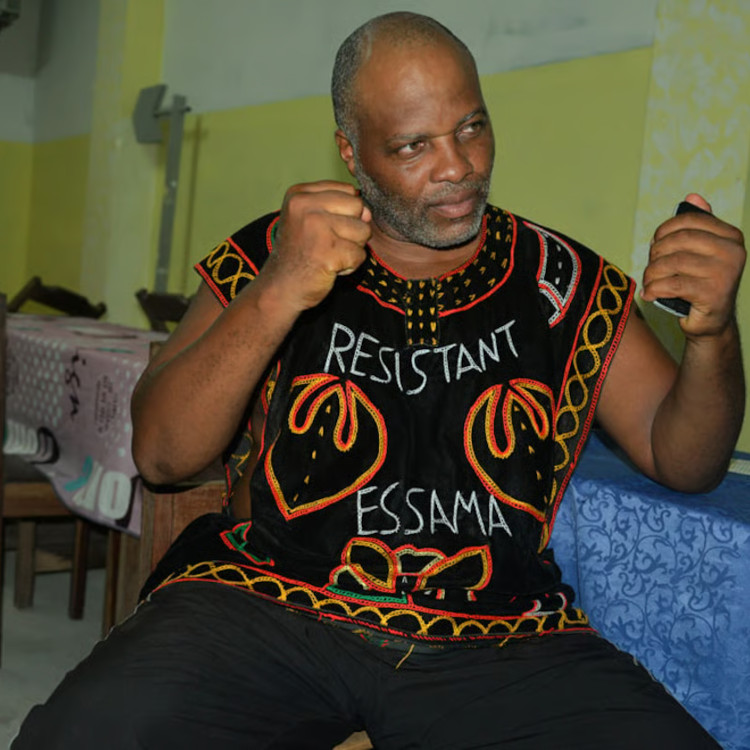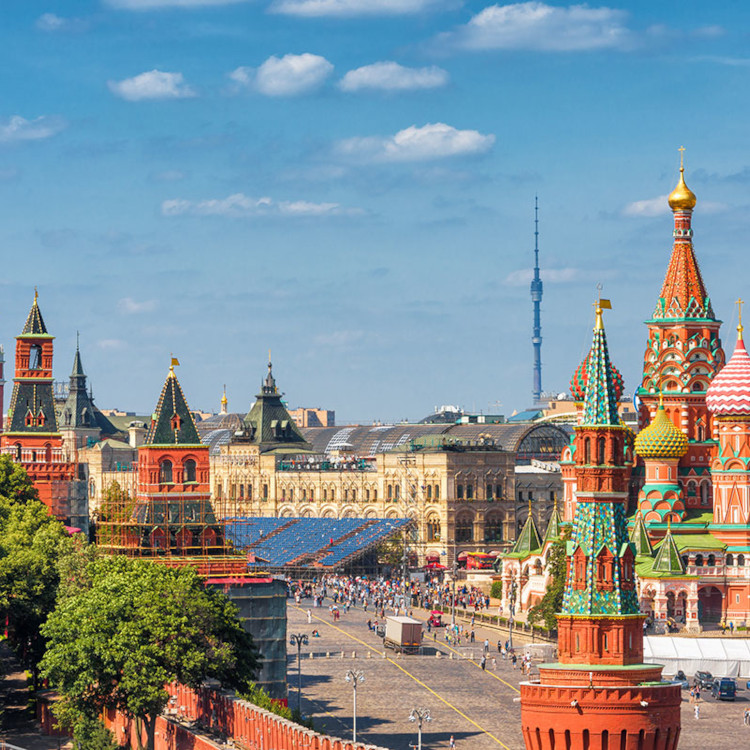

-
© Camer.be : Franck BAFELI
- 13 Apr 2020 08:57:00
- |
- 1455
- |
CAMEROUN :: COVID-19 and wildlife trade :: CAMEROON
Many countries in Asia are taking strict measures to ban wildlife trade in the wake of Covid-19 that is believed to have started at a wildlife market in Wuhan, China. Although it’s uncertain which animal transferred the virus, snakes, bats and pangolins have been suspected. China has declared eating wild animals illegal.
A study published in March by an international group of scientists and researchers who focused on identifying coronaviruses in the Malaysianpangolins, suggests that pangolins could be responsible for the COVID-19.The study has proven that the species which is the most trafficked mammal in the world harbours some strains of the coronavirus. The researchers’genetic analysis on a sample of pangolinsunderlines 6 strains of coronavirusthat belong to the same group as SARS Cov-2.
It appears that these 6 viruses have similarity with that of Covid-19aspublished inthe Nature journal. The journal also stated that”The discovery of multiple lineages of pangolin coronavirus and their similarity to SARS-CoV-2 suggests that pangolins should be considered as possible hosts in the emergence of novel coronaviruses and should be removed from wet markets to prevent zoonotic transmission”.Pangolinsare therefore to many scientistsa natural host of coronavirus, and probably played a role in the emergence of the Covid-19 epidemic. Many conservationists uphold that the trafficking and consumption of exotic animals such as the pangolin favor the emergence of zoonosis and their presence in the markets should be prohibited.
China, from where the deadly coronavirus sprout is the world’s largest consumer of wildlife. In 2016, more than 4 tons of pangolin scales exported from Cameroon was seized in Hong Kong. A year later, two Chinese were arrested in Douala with 5 tons of pangolin scales prepared to be exported from Cameroon and the arrest was carried out by wildlife officials with technical support from LAGA.
Many, especially conservationists, believe it is imperative to separate humans from wildlife as well as to allow wild animals in their natural habitation to prevent danger to human health. As experience has shown that many of the diseases known in recent years have had their origin from viruses transmitted by wildlife animals to humans. This is the case with HIV AIDS, Ebola, SARS (Severe Acute Respiratory Syndrome), and now Covid-19.
Dr. Christian Walzerof the Wildlife Conservation Society expressed that“if these markets persist, and human consumption of illegal or unregulated wildlife persists, then the public will continue to be exposed to significant risks linked to the emergence of new, potentially more deadly viruses and sources of future pandemic spread”.
China has banned wildlife tradeon the heels of the deadly COVID-19.Meanwhile, many conservationists hope that the global health crisis will propel China to become more involved in the protection of biodiversity.They equally expect many countries to follow suit and ban wildlife trade as part of the response to COVID-19.
Pour plus d'informations sur l'actualité, abonnez vous sur : notre chaîne WhatsApp
Lire aussi dans la rubrique SOCIETE
Les + récents
Affaire Iyodi : le candidat qui avait acheté l'étiquette PDC traité d'escroc
Émeute évitée au Tribunal Militaire : familles prêtes à suivre leurs enfants en prison
CAN 2025 : la fin des sorciers blancs, triomphe des entraîneurs locaux
Scandale à la Maetur : 92 millions FCFA détournés dans un compte parallèle
L'actualité lue pour vous dans la presse camerounaise de ce 08 janvier 2026
SOCIETE :: les + lus

26 élèves surpris en train de tourner un film osé à Bafoussam
- 30 April 2015
- /
- 1026286

Brenda biya sème la terreur en boîte de nuit à Yaoundé
- 15 July 2015
- /
- 562698

Menacée de mort par sa famille car elle est lesbienne
- 03 March 2016
- /
- 450271

Oyom-Abang : une femme marche nue à Yaoundé VII
- 09 July 2015
- /
- 386321

LE DéBAT




Afrique : Quel droit à l'image pour les défunts au Cameroun ?
- 17 December 2017
- /
- 221734

Vidéo de la semaine
évènement


















































